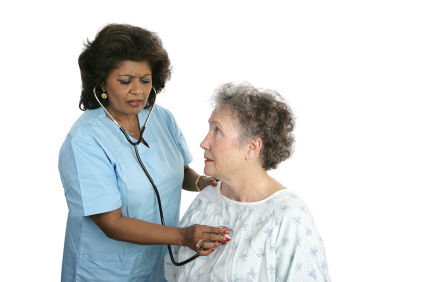If you have been told you have heart disease both you and those around you may feel very frightened, especially if diagnosis was sudden or unexpected. Linda recalls: The heart evokes a lot of emotion. When Len was told he needed surgery we walked out in silence holding each other’s hands. I thought I ought to be saying comforting things but I couldn’t think of anything to say.
After he had been admitted, I walked away. Had it been any other type of surgery I wouldn’t have been so frightened. It was February and the stores were full of Valentines all with hearts on them. It was a visible reminder of what Len was going through. When I returned to the hospital I was so terrified my legs dragged. I knew the surgeon was going to come towards me and say, “I’m sorry, Mrs. Shane…” Of course he didn’t. Len was terrified too.
Even if you haven’t had a full-blown heart attack, being told that you have heart disease is one of the most distressing pieces of news you are ever likely to have to face. Being forced to confront your own mortality can cause you to re-evaluate every aspect of your life.

In fact many people with the condition say afterwards that having a heart attack or learning they had heart disease was a significant turning point in their lives.
The realization that you have a potentially fatal condition can help you to focus on what is important to you in life in a way that nothing else does. There often follows a period of soul-searching during which you take a close look at your life and think about the way you want to live it in the future. The idea that heart disease can be an opportunity for change and growth is backed by a telling piece of Scandinavian research carried out in 1988. A third of those interviewed looking back a year after a heart attack reported that their quality of life was actually better than it had been before.
Unfortunately by no means everyone who has had a heart attack experiences such a positive outcome. A third of people in the same study said that their quality of life had remained unchanged and a third thought their life was poorer than it was before their heart attack. Although there has been very little specific research into people who have angina, heart failure or who have had heart surgery, what little there is suggests that their experiences may be similar.